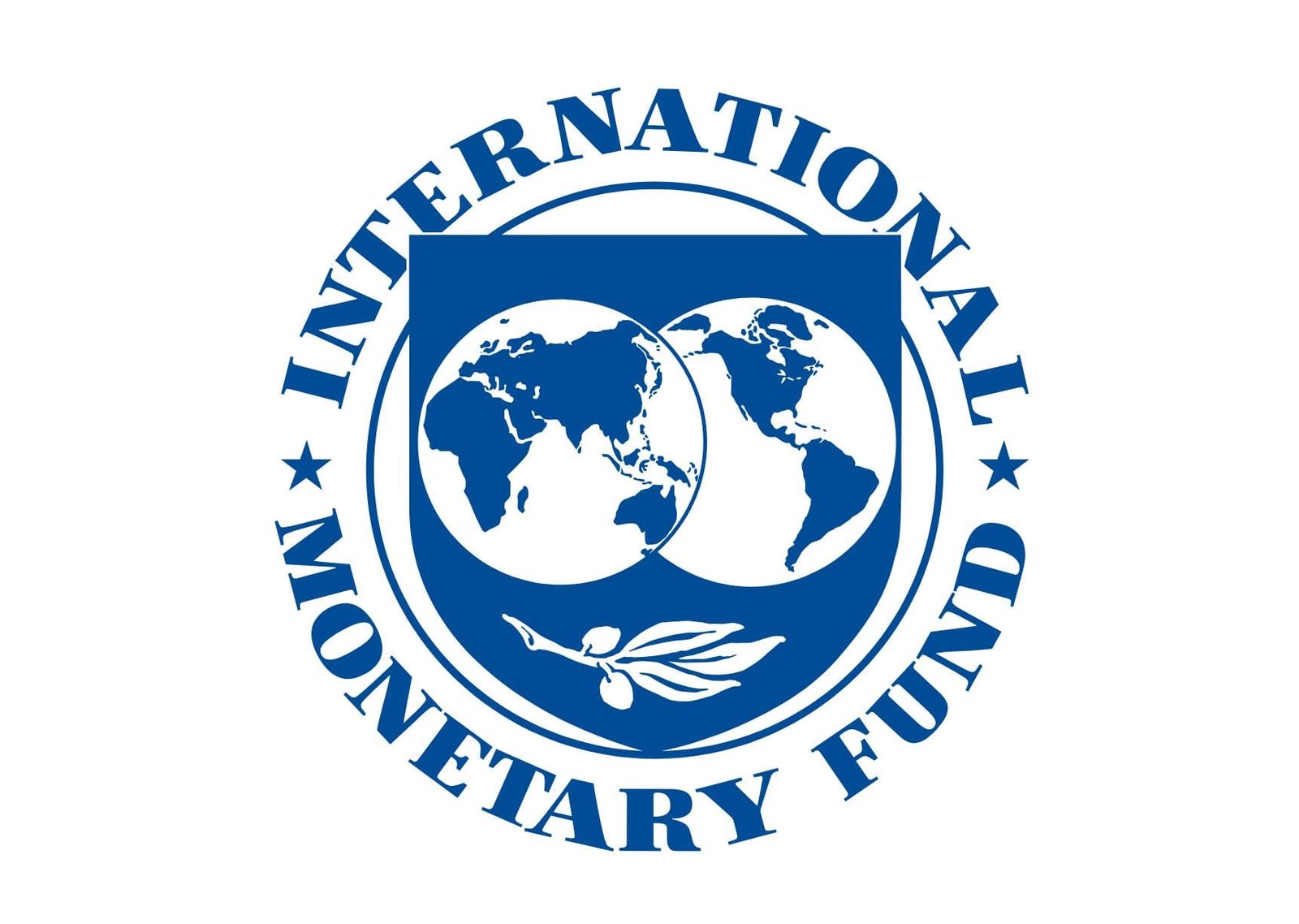SDR Allocations and the Misconception of Inflation-Driven Prosperity
The allure of a “free lunch” is a powerful one, captivating individuals and governments alike. The desire for something without cost seems almost universal, yet economists, often seen as the bearers of bad news, remind us that scarcity is an inescapable reality. Resources, whether time, materials, or labor, are finite, and acquiring more of one thing necessitates forgoing something else. This fundamental principle of opportunity cost highlights the impossibility of true free lunches. Even seemingly free offerings carry a hidden price, the foregone alternative. This principle applies equally to individuals making daily choices and to governments managing national economies.
Joseph Stiglitz and Mark Weisbrot’s proposal to generate Special Drawing Rights (SDRs) as a solution for global economic woes appears to defy this fundamental economic principle. They argue that creating more SDRs, a type of international reserve asset, will inject much-needed liquidity into developing nations, boosting demand for exports from developed countries and stimulating global growth. This, they claim, will alleviate debt crises, combat poverty, and create jobs. However, their argument overlooks the crucial fact that money is merely a medium of exchange, not wealth itself. Wealth is created through production, not monetary expansion.
SDRs, as explained by Henry Hazlitt, are essentially a form of “paper gold,” an artificial reserve asset created “out of thin air.” These assets, allocated to IMF member countries based on their relative share, can be exchanged for hard currencies and used for various purposes, including imports, debt repayments, and domestic investments. However, the creation of SDRs does not magically conjure up new resources; it merely redistributes purchasing power. While a country receiving an influx of SDRs can increase its imports, it does so by bidding away goods from other countries, reducing the supply available elsewhere. This zero-sum game ultimately does not create new wealth but merely shifts existing resources.
The core fallacy in Stiglitz and Weisbrot’s argument lies in their neglect of the principle of scarcity. They assume a world of untapped resources, where simply increasing the money supply will stimulate production and solve economic problems. However, in a world of limited resources, increased demand without corresponding increases in production leads to inflation. The influx of money drives up prices without generating new goods and services, ultimately eroding purchasing power and exacerbating economic inequalities. Their proposal, while seemingly offering a simple solution, ignores the fundamental constraints of resource scarcity and the inevitable consequences of monetary expansion without corresponding increases in production.
The historical precedent of governments manipulating monetary systems for their own gain further underscores the dangers of centralizing control over money. Debasing currencies, whether through clipping coins or printing excessive amounts of paper money, has been a recurring theme throughout history, often leading to inflation and economic instability. As Friedrich Hayek argued, the power to create money is a tool too often misused by governments, leading to exploitation and fraud. He advocated for the denationalization of money, proposing a free market approach where the choice of currency and its supply is determined by market forces, rather than political agendas.
Achieving a truly free and prosperous society requires a fundamental shift in our understanding of money and its relationship to the state. The illusion of free lunches through monetary manipulation must be dispelled. Genuine economic progress stems from increased productivity, efficient allocation of resources, and free market principles, not from artificial increases in the money supply. The separation of money from the state, as championed by Hayek, offers a path towards a more stable and prosperous future, free from the inflationary pitfalls of politically driven monetary policies. This, however, necessitates a change in the dominant ideological climate, embracing the principle of sound money over the allure of government intervention and artificial monetary expansion.
Share this content:












Post Comment